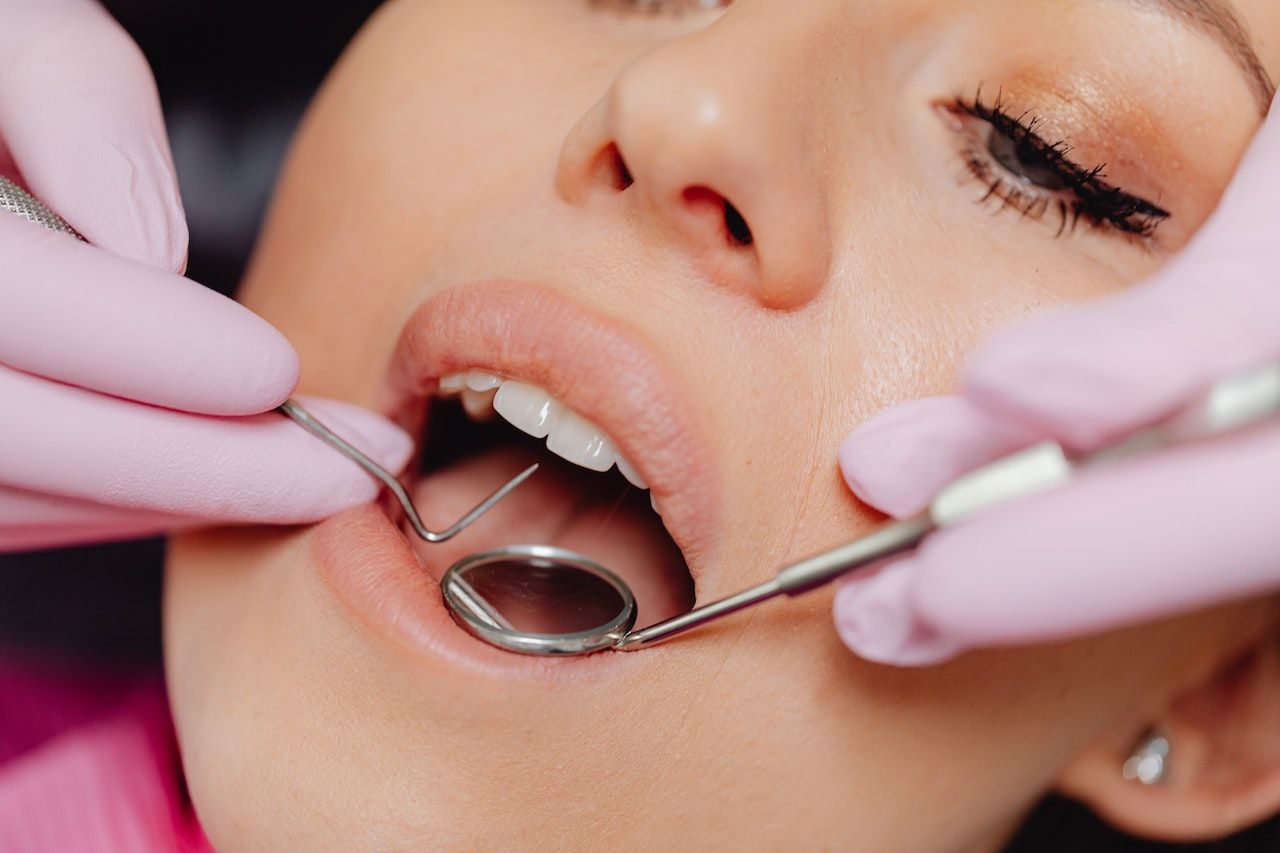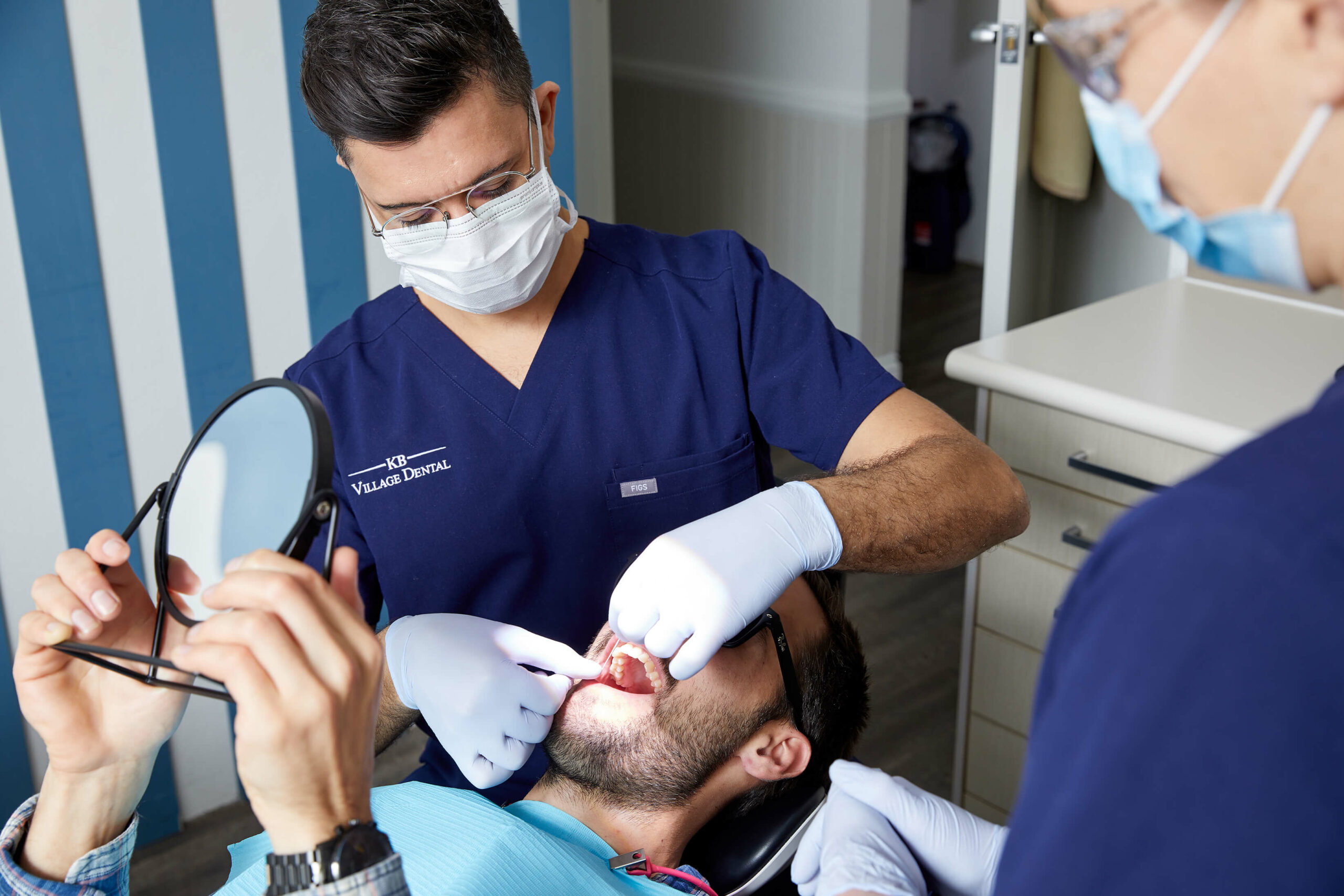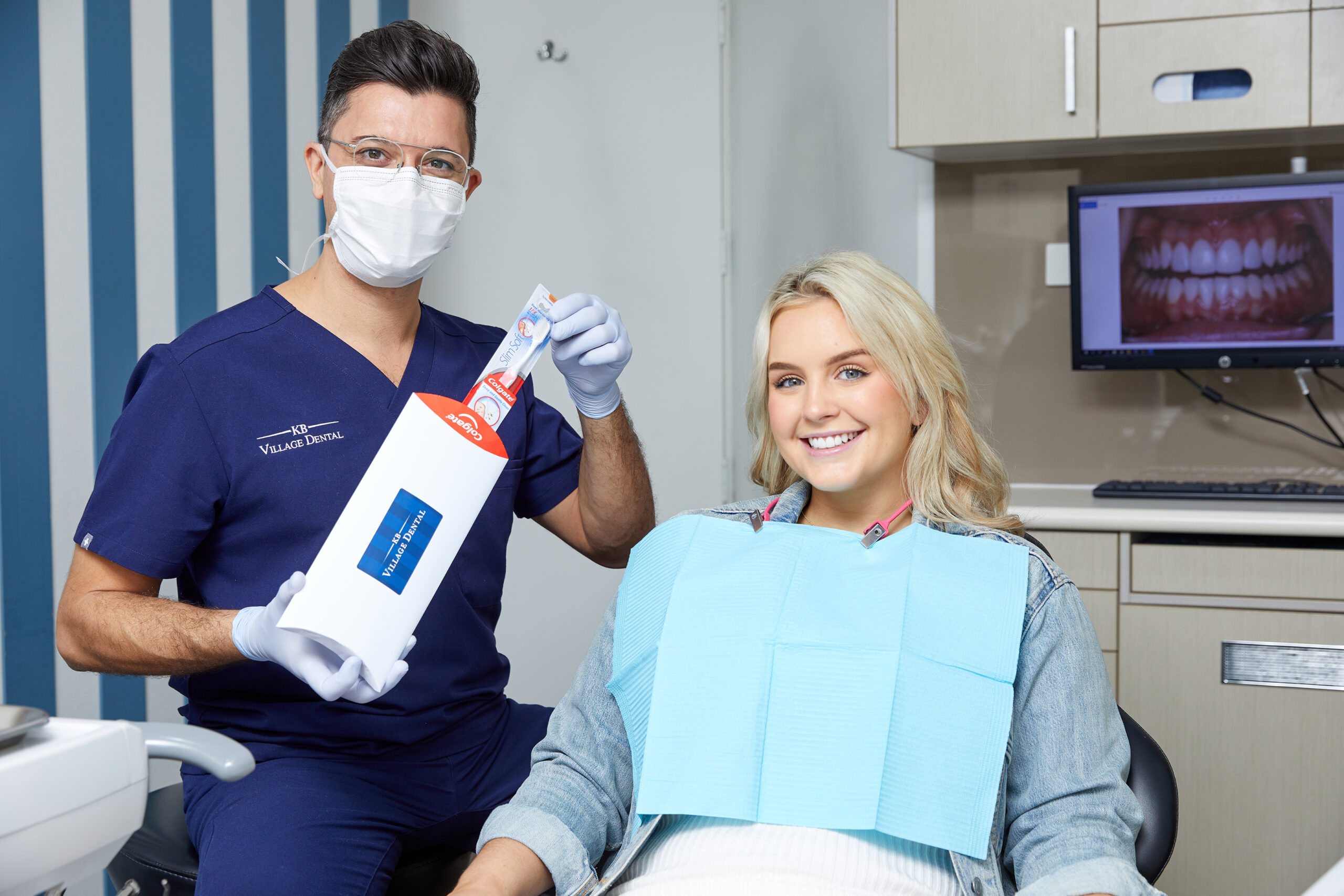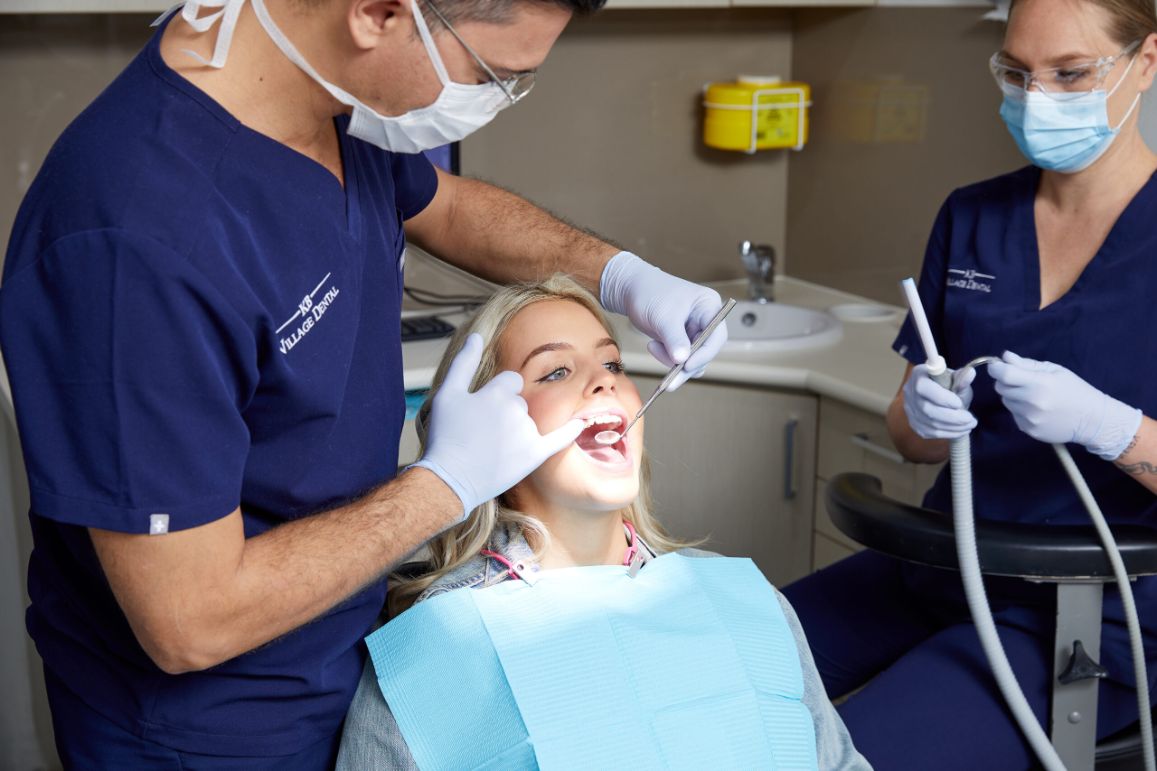Understanding Dental Crowns: Enhancing Oral Health and Aesthetics
Along with teeth whitening and veneers, dental crowns are a popular option for those looking to enhance the appearance of their smile. But dental crowns are for more than just aesthetics. They offer at-risk teeth protection from damage, prevent tooth decay, add strength, and improve dental function.
Let’s delve further into how dental crowns enhance oral health and the appearance of your smile, making them a great solution for overall well-being and mouth health.
What are dental crowns, and why are they used?

A dental crown is a hollow cap surrounding a damaged or vulnerable tooth. It is custom-made for the patient and, once in place, permanently covers the entire tooth above the gum line. A crown can also replace missing teeth when used with an artificial root called a dental implant.
Crowns can also improve the appearance of a tooth by making it stronger and more functional. Your dentist may recommend dental crowns for any of the following reasons:
- To prevent a tooth that is weak due to decay or an accident from breaking or cracking;
- To restore broken or missing teeth or close gaps in the smile;
- To replace a broken or failing filling or to protect a tooth with little structure remaining due to a large filling;
- To enhance the appearance and function of teeth that have worn down;
- To restore strength following root canal treatment;
- To sit atop a metal screw that is attached to the jaw bone, called a dental implant.
The significance of dental crowns for oral health

Dental crowns have been used to improve oral health for thousands of years. However, it wasn’t until the late 1800s that the first porcelain tooth ‘jacket’ was made. The use of dental crowns became more popular during the middle of last century, and in recent years, dental crown technology has seen them become safer and more efficient than ever.
Dental crowns are designed to preserve tooth structure by preventing further deterioration. They can be used for protection — in place of fillings or after a root canal procedure. They can also help restore function by correcting bite alignment or restoring tooth shape or size, helping patients chew and speak more comfortably.
Dental crowns can also improve smile aesthetics. During a smile restoration, dental crowns are custom-made to match the natural colour of teeth, enhancing the appearance of a smile and boosting a person’s self-esteem.
Thanks to digital technology, today’s dental crowns offer greater durability and strength, better shape, fit, and convenience for the patient.
Types of dental crowns
Dental crowns can be made from various materials for different circumstances, ensuring durability, appearance, and functionality.
Ceramic or porcelain crowns
Ceramic or porcelain crowns are the best option for front crown placement where a natural appearance is desirable, as their translucency means they are the most realistic-looking material of all options. Fractures that can lead to infections are the only real risk to ceramic or porcelain crowns, so it’s important to have regular check-ups with your dentist.
Porcelain fused to metal
Porcelain and metal crowns consist of a metal core that is bonded to the tooth with a ceramic layer over the top to give the tooth its shape and colour. Because they offer strength and aesthetics, they are suitable for placement anywhere in the mouth. Although durability isn’t a problem, their natural look can wear off over time as the gums recede and a metal line shows.
Metal crowns
For the ultimate in strength and durability, all-metal crowns are the way to go. Generally made of alloys, they rarely chip, fracture, or break and don’t cause other teeth to wear. As they are made of a very thin layer, the tooth structure can remain intact because it doesn’t require as much to be removed as other types of crowns. This means they are more likely to stay in place for longer. The biggest (potential) downside with these types of crowns is the gold or metallic appearance.
How to take care of dental crowns

It’s crucial to care for a dental crown with proper oral hygiene practices, such as regular brushing and flossing that can help prevent problems, such as gum disease. Regular visits to the dentist will also ensure the crown’s longevity.
Avoid smoking, which can cause the crown to discolour or wear down prematurely, and eating hard or sticky foods, which can cause the crown to break, chip, or dislodge. If a dental crown is causing discomfort, see a dentist as soon as possible.
Read more about the pros and cons of dental crowns to help you decide if they’re right for you.
Ask your dentist if dental crowns are the right solution for you

From fixing small imperfections to complete smile restorations, there’s no doubt that the solution to a natural-looking smile lies with dental crowns. Because they offer teeth protection and extra integrity, they are also a critically important tool for good oral health.
If you think your smile could be improved or you have oral health concerns, contact Sydney North Shore dentist KB Village Dental at (02) 9964 9166 to make an appointment today. Don’t live with mouth pain or a smile you’re not completely happy with. We will gladly discuss all the options with you to help you make an informed and considered decision.

